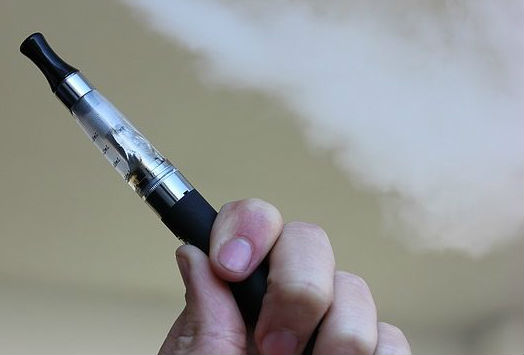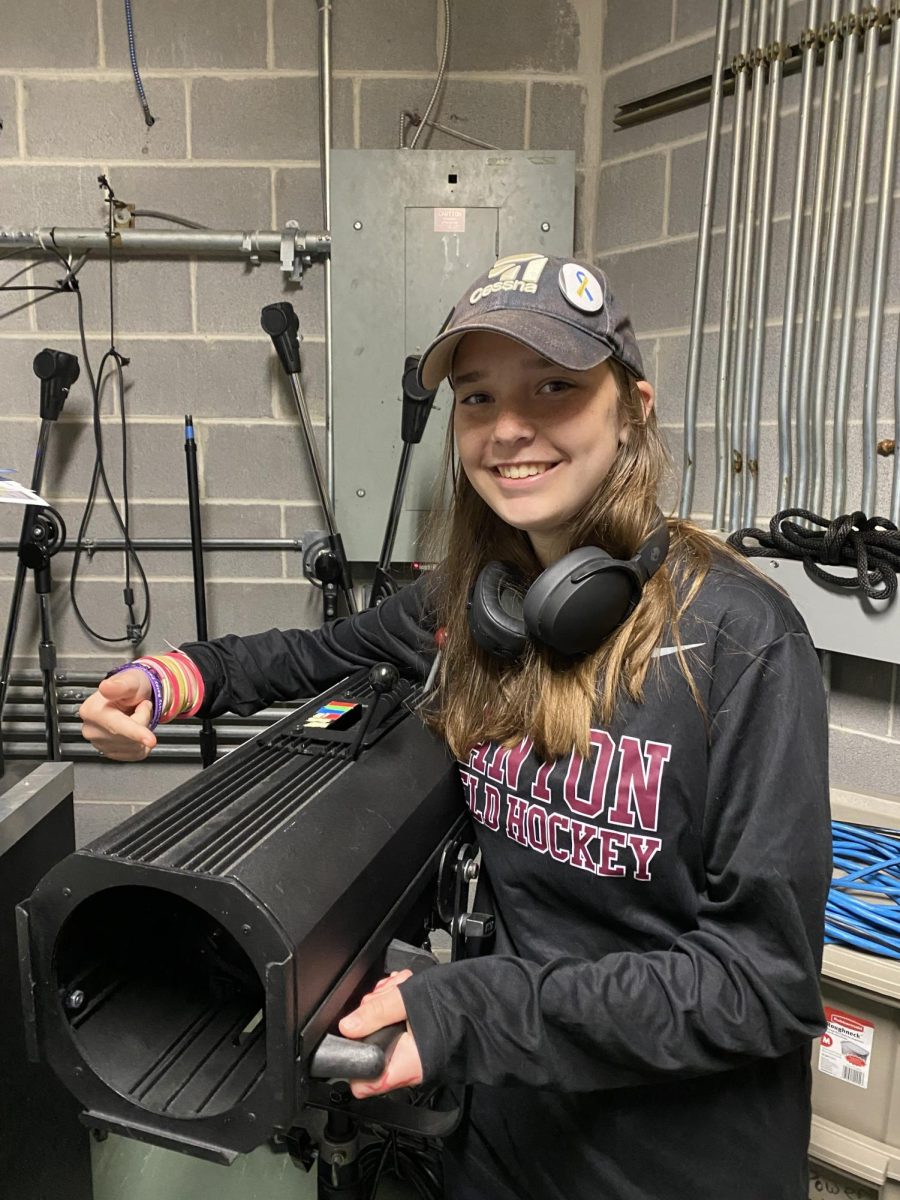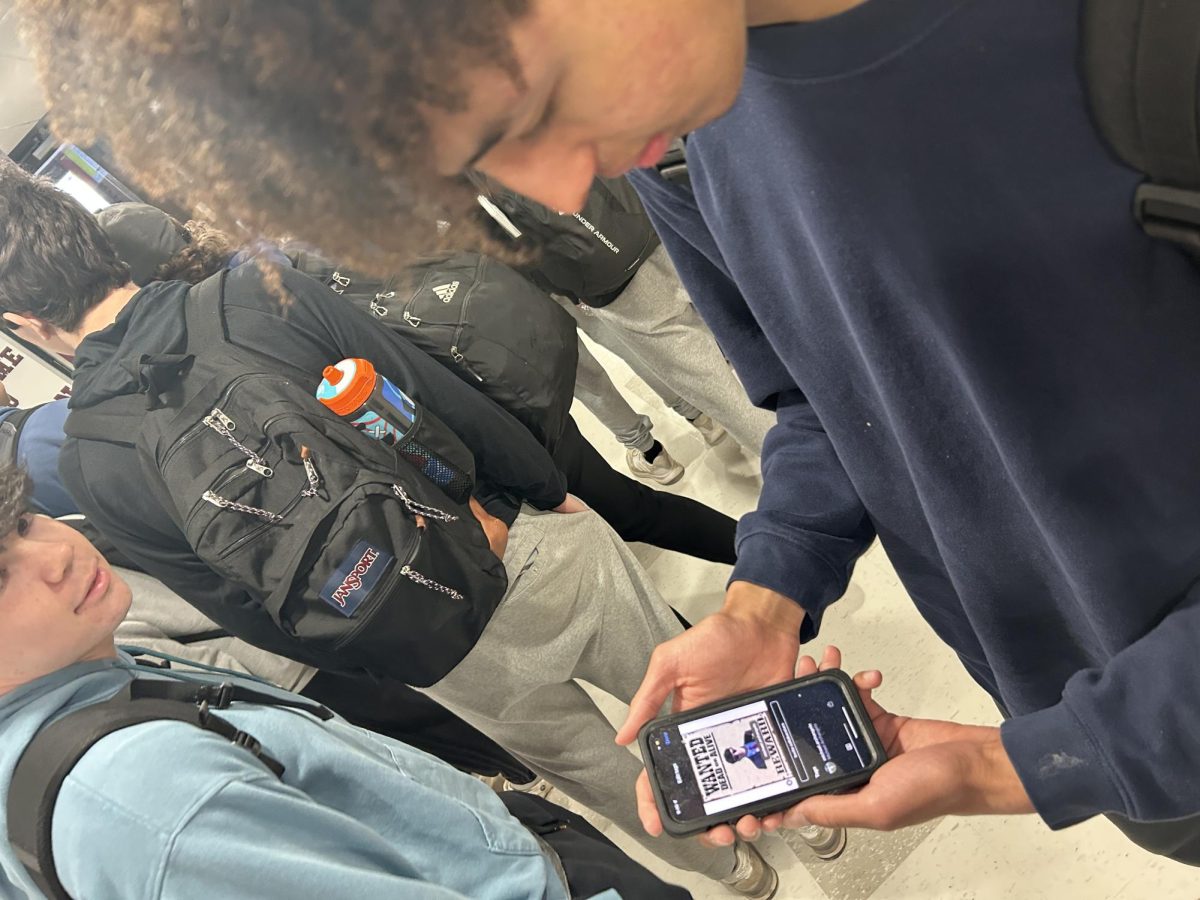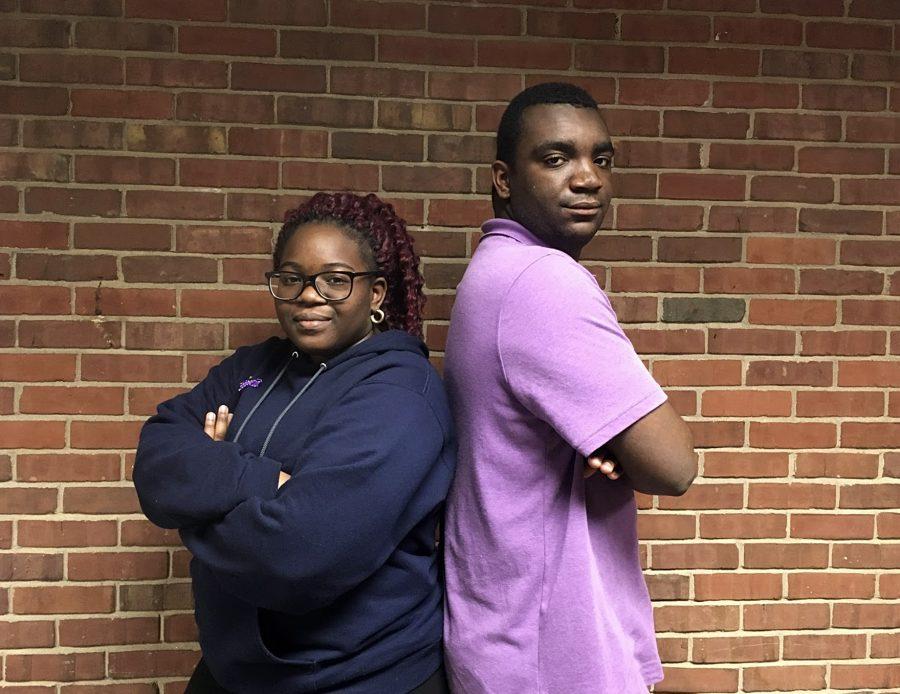BY BEN RUSH
Vaping, an activity that saw its name declared Oxford’s “Word of the Year” and added to Oxford English Dictionary, has only recently seemed to find its way to schools across America.
In a study featured in an NPR article, the rate of teens vaping among 808 students in three Connecticut high schools went from 8.9 percent of teens in 2013 to 14.5 percent of teens in 2015. Why did the rate increase in 2015? The article goes to point to a probable culprit: 2015 was the year the JUUL pen became available to the public.
The JUUL pen, which is “currently the best selling e-cigarette on the market,” has seen widespread use in high schools throughout the country. This is due to the JUUL, as Business Insider put it, being “easy to hide. The device is sleek and small.”
This ease of hiding allowed one anonymous vaper at Canton High School to use the JUUL during school without once getting in trouble, even when they used it while class was in session. This sort of behavior makes vaping “an ongoing issue/concern for the past few years,” according to Assistant Principal Eric Verner.
Even JUUL themselves are against the use of their product by minors. A JUUL spokesperson stated they “strongly condemn the use of our product by minors, and it is in fact illegal to sell our product to minors. No minor should be in possession of a JUUL product.”
The spokesperson went on to state that JUUL’s goal “is to further reduce the number of minors who possess or use tobacco products, including vapor products, and to find ways to keep young people from ever trying these products, ” a policy they approach “with a combination of education, enforcement, technology and partnership with others who are focused on this issue, including lawmakers, educators, community leaders and our business partners.”
JUUL’s spokesperson also outlined some of the initiatives they use to help further their goal, including:
- “Limiting the sale of JUUL on our website to ages 21+. JUUL’s ecommerce platform incorporates industry-leading controls to help ensure minors are not able to purchase our products on our Web site.
- “Working to engage school districts across the country to deploy educational programs.
- “Actively working with law enforcement and community leaders across the country.
- “Deploying a secret shopper program to monitor age verification of retailers.”
The company, which currently possesses 32% of the e-cigarette market share, has also partnered with a group called Smokefree, created by the Tobacco Control Research Branch of the National Cancer Institute, to help convince teens to quit. JUUL links those who click the “I’m not age 21+” option on their website to https://teen.smokefree.gov/, which then gives teens reasons to quit and methods to help them both quit and stay off of cigarettes.












